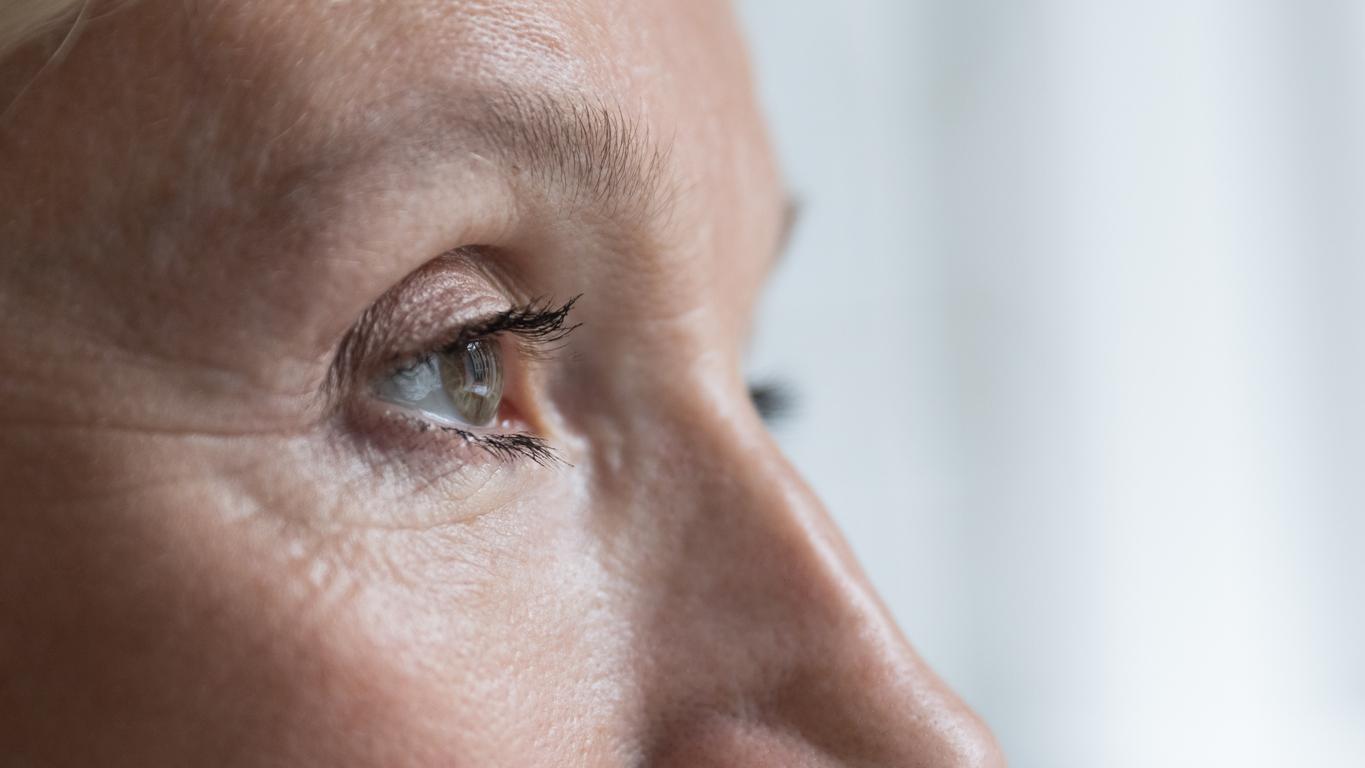To reduce waiting times, ophthalmologists and orthoptists share the tasks. A solution that works in the Sarthe department.

“For an appointment, it will not be until next year”. The interminable wait to obtain an appointment with the ophthalmologist is nothing more than a bad memory for the Sarthois. For more than two years, the department’s specialists have worked closely with orthoptists to reduce waiting times.
This device only concerns patients who are already known to practices and who wish to have their glasses replaced, “ie around 12% of our patient population”, notes Dr Jean-Bernard Rottier, ophthalmologist in Le Mans and one of the initiators of the project. Orthoptists, specialists in the screening and rehabilitation of eye disorders, carry out the visual assessment and send the file to the ophthalmologist who controls it remotely then sends the prescription to the patient a few days later. Orthoptists, however, can only perform the visual assessment of patients aged 6 to 50 years.
15 days waiting
More than a year after the launch of the experiment, progress is there. Dr Rottier has seen his consultation times decrease from 9 to 6 months, and patients wishing a simple replacement of glasses now wait only a fortnight compared to 12 months previously. While the device had only 3 ophthalmologists and as many orthoptists at the start, “it now has 10 doctors and 21 orthoptists in the region and more than 3,000 patients have been taken care of”, indicates Stéphane Guerraud, head of this pilot project within the Pays de la Loire Regional Health Agency.
In disaster-stricken departments such as Sarthe, this reduction in deadlines is very important, in particular because doctors could no longer accept new patients. Unreplaced retirements are not there to help the situation either. “Last year, five colleagues left without being replaced, which represents approximately 75,000 patients without an ophthalmologist,” emphasizes the specialist. The patients cared for by orthoptists have therefore made it possible to free up time slots which today allow the acceptance of new patients.
Shared satisfaction
In addition, specialists and patients are very satisfied with this division of tasks between professionals. “Less than 2% of patients returned to see their ophthalmologist because they felt that their correction was not appropriate,” notes Stéphane Guerraud.
In view of these fine results, the protocol should soon be extended to the whole of France, certainly in a modified form. “In practice, we have realized that the demand for replacement lenses is strong. This is why we will ask the Haute Autorité de Santé to include this measure in the protocol deployed at the national level, ”explains Dr Jean-Bernard Rottier. “A change in the age of the patients concerned by this protocol is also envisaged”, indicates for his part Stéphane Guerraud.
Moreover, this division of tasks convinced the Minister of Health. Supported by Dominique Voynet’s report, Marisol Touraine announced that she would add this measure to the health bill, currently being discussed in the Senate.
.















